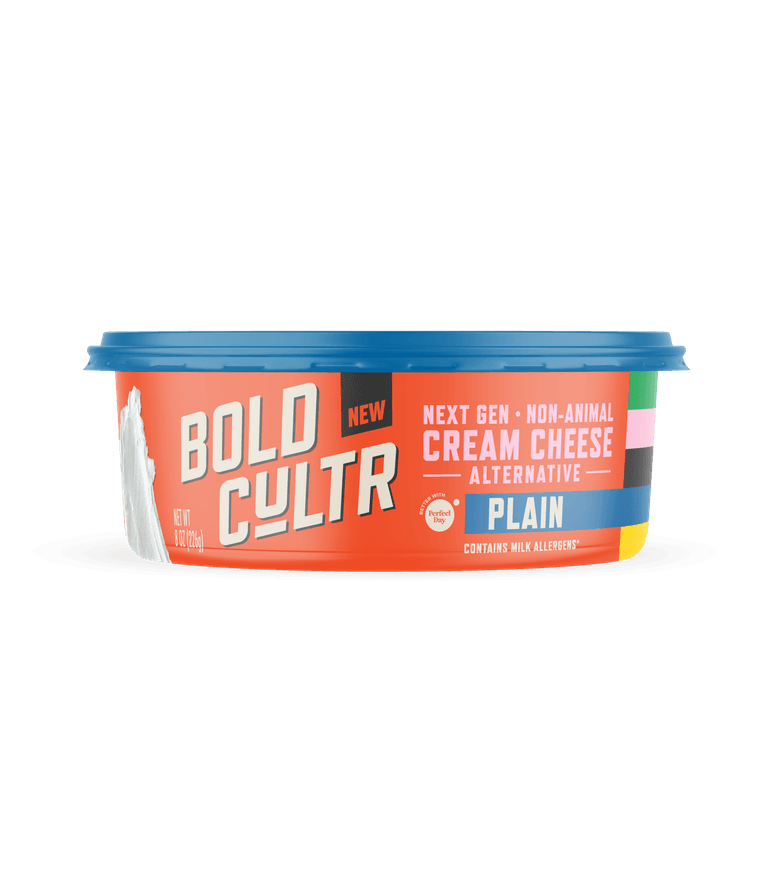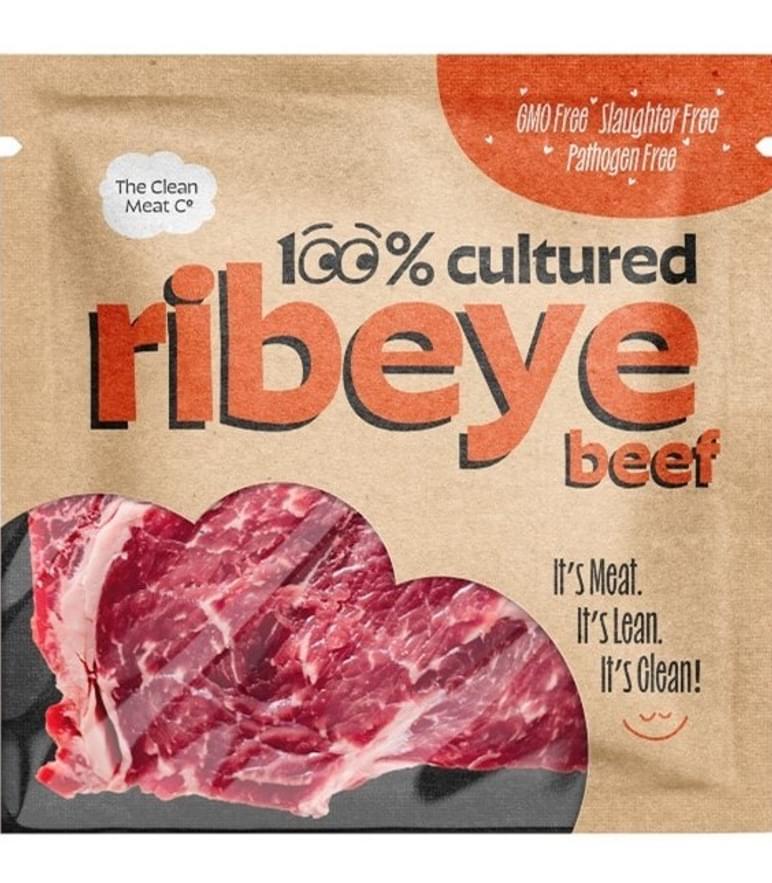Insights

17 Feb, 2026
Five Products: When World’s Collude. The Changing Face of Cleaning
Read More
Andrew Wardlaw
21 Dec, 2022 | 4 minutes
Amidst tough economics, brands must not forget their duty to help consumers live more sustainably. But achieving uncompromising product experiences is only half the battle. Words are also crazily important, as Andrew Wardlaw, MMR’s Chief Ideas Officer and curator of the firm’s Stardate 2030 event in the Metaverse reveals.

I went to see ‘The Trials’ in London recently. It’s set at an unspecified time in a relatable future. A group of youths have gathered to decide if particular members of their parents’ generation [that will be us then] are in fact climate crisis criminals – deemed to have failed in their attempts to lead sufficiently sustainable lives despite stark warnings about climate change from the United Nations as far back as 2014.
It's impossible to leave the theatre after watching ‘The Trials’ and not question one’s own efforts, or lack of, to reduce personal carbon footprints.
In fact, only 30% of people claim to be making any kind of effort to adopt greener lifestyles, according to new research by MMR, complaining that government, society and consumer tech make it all too easy to live in the red.
At the Future of Food Summit held in Chicago last year, Don Thompson, CEO of Cleveland Avenue - a company investing in entrepreneurs - predicted that ‘the next ten years will make the last fifty look like we were going at a snail’s pace.’ And all the signs are, the pace of innovation will accelerate as climate busting products such as cultured meat and animal-free dairy begin to hit the shelves.
But we have a problem. Consumer behavior is typically slow to adapt. Habit is a supremely powerful force on our day-to-day choices. As a marker, the Friedman School of Nutrition Science and Policy recently found that people’s diets across 185 countries have barely shifted at all over the last 30 years – despite a considerable effort to encourage us all to eat more healthily.
It’s a reality that should concern us all because it suggests that industry efforts to encourage more sustainable living are also in peril. Right now, plant-based meat alternatives are running out of road. Could future food tech also fall flat? If so, what can we do differently to speed up the adoption of products that help to save Planet Earth?
The field of sustainability and environmental psychology has been one of the most important growth sectors in the field of behavioral science over the last 15 years.
One of the biggest opportunities, according to Dr Mark Haselgrove, Behavioral Psychologist with The Together Agency, is to reduce uncertainty for consumers – and that will involve some radical rethinking on how manufacturers name and frame emerging categories like cultured meat.
“We must establish the concept of cultured meat, which has a smaller carbon footprint, into the category of meat to generate more positive emotional reaction. It cannot be about comparison to meat. It is meat!”, says Haselgrove.
“By introducing concepts such as ‘dairy-free’ or ‘animal-free’ – not only are we avoiding the more difficult question of what the thing actually is, but we are also implicitly acknowledging a gap between what it is (in this case meat or dairy) and what it isn’t (not meat or dairy.)”
His comments are echoed by Chris Bryant who has published a range of studies looking at how manufacturers might frame future concepts. He warns against use of the word ‘alternative’ - because it frames sustainable innovation as subservient in the minds of consumers to what has gone before.
Chris’s comments prompt recall of a conversation I had with Dash Lilley from Three Spirits last year, where he expressed frustrations with the frame ‘no & low alcohol alternatives’. He was trying to secure sector support for a new, more positive way to fundamentally shift consumer perceptions of ‘alt spirits’.
And appearing 'subservient' is exactly what is at stake with more environmentally-friendly categories such as animal-free dairy, which activates NPD that is neither animal nor plant-based. Nestle recently acknowledged that consumers are confused by the term – something which our own research uncovered and explored.
So, how can we do better? How do we move on from defining categories like animal-free dairy by what they are not? It really is time for industry players to put their heads together and align on more positive framing – for the sake of the planet.
One brand that seems to understand the power of words is BOLD CULTR, an animal-free cream cheese created by General Mills venture studio, G-Works.
While most other entrants in this space are lazily labelling themselves ‘animal-free’, this brand has clearly been thinking long and hard and has come up with what I believe is a better way.
It’s not ‘Animal-Free’. It’s ‘Next Gen’ and ‘Non-Animal’. The heightened visibility of the term ‘Contains Milk Allergens’ has assumed a dual purpose – first as a red flag for people with food intolerances, and second - as a reassurance that it is in fact dairy.
Will Leigh, Director of Innovation at brand strategists Huxly Global, says that BOLD CULTR has created a personality that enables it to ‘soften the science’ for consumers - who will most likely need their hands holding as they experiment with more sustainable choices.


Beyond frames, there are claims. And our exploration of feasible claims for cultured meat reveals that today’s consumer also has an appetite for directness.
Head of Design at The Together Agency, Anil Nataly, created a range of stimulus for MMR’s consumer research project Stardate 2030, and research participants warmed to his depiction of claims like ‘Slaughter-Free’.
Louise Hitchen, MMR’s Head of Digital Qual reports that ‘the claim expresses the product benefit in a very direct way and people like that.’
However, people are less enthusiastic about ‘Pathogen-Free’. Louise observes that ‘certain words and expressions can dramatically reduce appetite appeal, including pathogen-free, animal cells and lab-grown.’
Indeed, an IPSOS survey which recently polled U.K consumers about ‘lab-grown meat’ found that only 28% were positive. The equivalent MMR survey, which used the expression ‘cultured meat’ found that 43% were positive.
Words really matter.
Nicole Johnson-Hoffman, CEO of Believer Meats (formerly Future Meat Technologies), who was interviewed for Stardate 2030 has said that ‘for the past 10-15 years we have been saying to consumers that they should shop their way out of our climate catastrophe. That is not a sensible approach to this problem.’
Product developers and food scientists continue to do amazing work to create more sustainable products that people will want to buy. Animal-free dairy company Perfect Day acknowledges that ‘food has always had to deliver for the consumer. It has to deliver the full sensory experience, it has to be at a price point that fits within their budget, and it has to work for their food traditions.’ In other words, there is no longer room for compromise.
What our latest leap into the future has taught us is, that words also matter. If you haven’t cracked the communications code with more positive (less comparison based) names, claims and frames – then we will never achieve the level of sustainable consumption that our industry seeks to promote.
And that puts us all in the dock.
Find out more about Stardate 2030, and our research into names, claims and much else by getting in touch here.